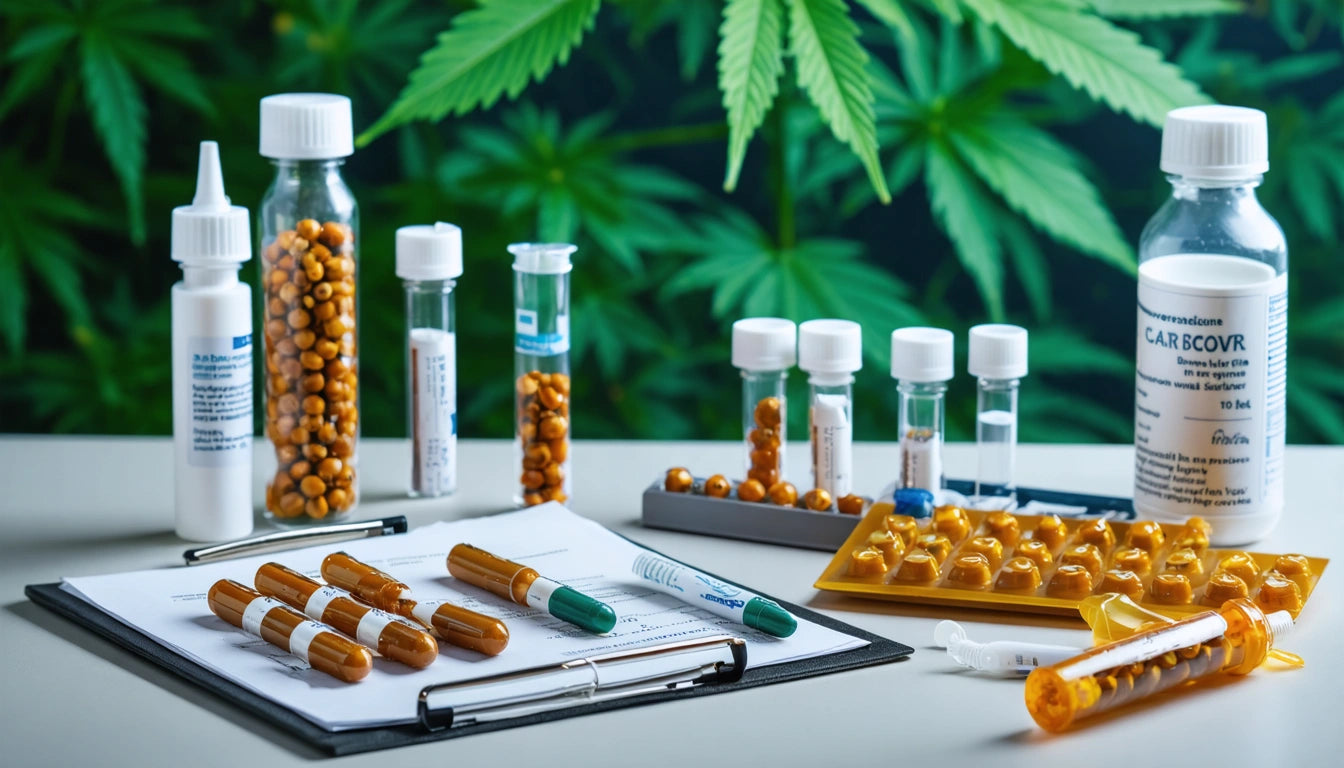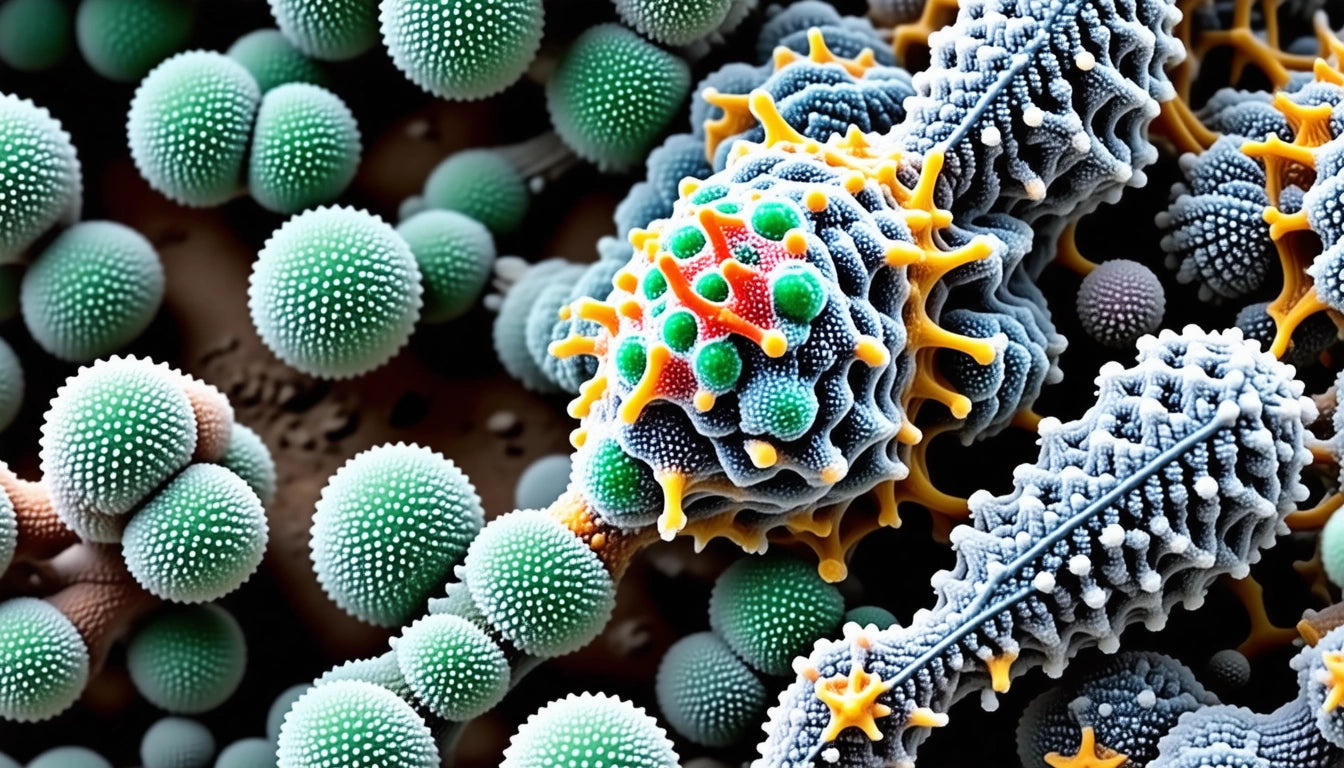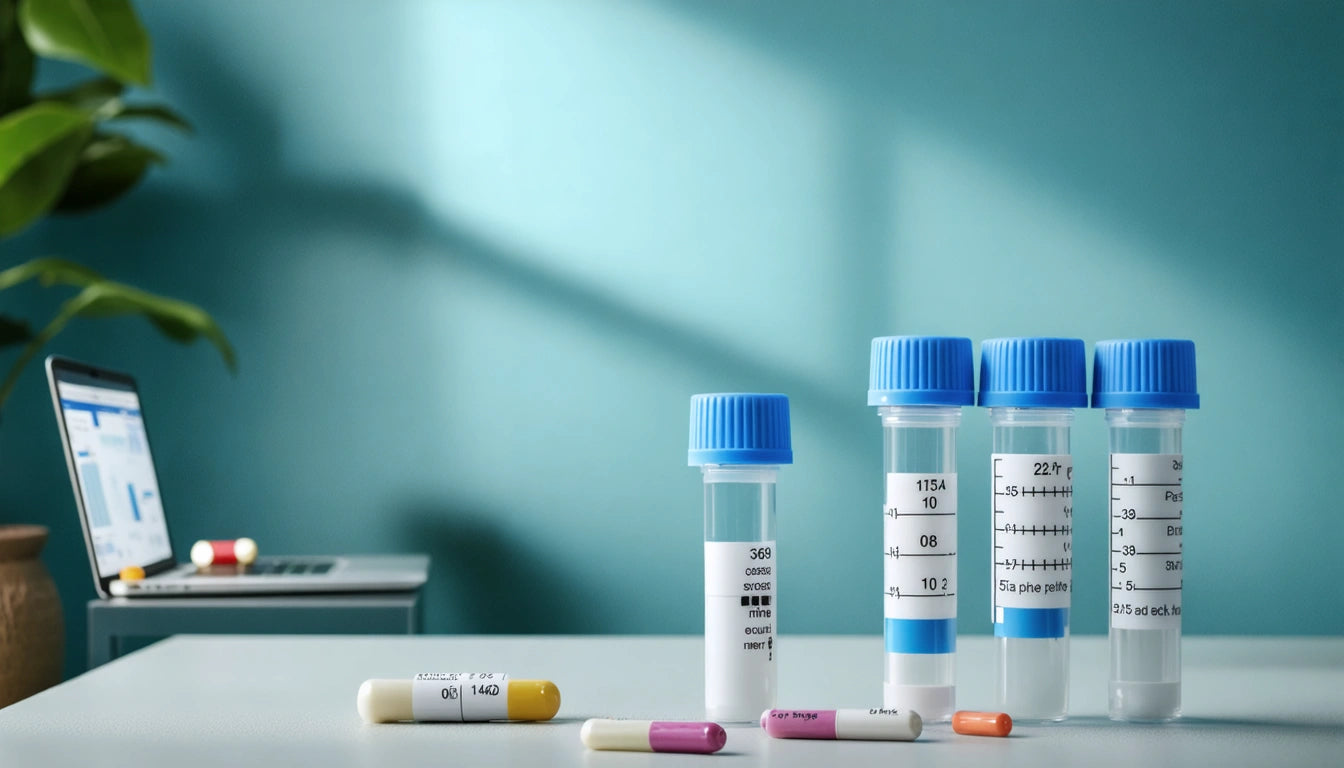Table of Contents
How Long Does Cannabis Stay Detectable in Saliva Tests?
Understanding how long cannabis stays in saliva is crucial for consumers who may face workplace testing or roadside screenings. Saliva tests have become increasingly common due to their non-invasive nature and ability to detect recent use. This comprehensive guide explores detection windows, influencing factors, and practical information about marijuana detection in oral fluid tests.
Cannabis Detection Window in Saliva Tests
Typically, cannabis remains detectable in saliva for approximately 24-72 hours after consumption. However, this timeframe can vary significantly based on several factors. For occasional users, THC metabolites might clear from saliva within 24 hours, while regular or heavy users may test positive for up to 72 hours or longer.
According to recent research, the detection window depends largely on:
- Frequency of cannabis use
- Potency of the cannabis consumed
- Individual metabolism rates
- Sensitivity of the testing method
Most standard saliva tests can detect THC (the primary psychoactive compound in cannabis) for up to 24 hours after use. However, more sensitive laboratory tests might extend this window to 72 hours or even longer for chronic users.
Factors Affecting Cannabis Detection in Saliva
Usage Patterns
The frequency and intensity of cannabis consumption significantly impact detection times. One-time or occasional users may clear THC from their saliva relatively quickly, often within 24 hours. In contrast, regular or daily users typically have longer detection windows, sometimes extending beyond 72 hours due to accumulation of THC in body tissues.
Consumption Method
How cannabis is consumed affects detection times in saliva tests. Smoking or vaping leads to direct oral cavity exposure, resulting in higher initial concentrations in saliva. Edibles may show lower immediate saliva concentrations but can still be detected within the standard window.
When storing cannabis products, proper humidity control using specialized humidity control packs helps maintain potency and quality, though this doesn't affect how long THC remains in your system after consumption.
Individual Biological Factors
Personal biological factors create significant variations in detection times:
- Metabolism rate
- Body mass index (BMI)
- Hydration levels
- Oral health and saliva production
While most casual users will clear THC from saliva within 24 hours, detection windows can extend to 72+ hours for regular users or with highly sensitive testing methods.
Saliva Test Methods and Accuracy
Mouth swab tests have become increasingly popular for detecting recent cannabis use, particularly in workplace and roadside testing scenarios. These tests typically use immunoassay technology to detect the presence of THC in oral fluid.
Common Testing Procedures
Most saliva tests follow a similar procedure:
- A collection swab is placed between the lower cheek and gum for 1-3 minutes
- The swab absorbs saliva containing potential drug metabolites
- The sample is analyzed either on-site or sent to a laboratory
- Results are typically available within minutes for rapid tests or days for lab analysis
Accuracy Considerations
Saliva tests are generally reliable but not infallible. False positives can occur, though they're less common than with other testing methods. The accuracy depends significantly on the quality of the test, collection procedure, and laboratory analysis methods.
Cutoff levels (the minimum concentration required for a positive result) vary between testing products and laboratories, typically ranging from 1-5 ng/mL for THC in saliva. Higher quality tests with lower cutoff thresholds can detect cannabis use for longer periods.
Comparing Saliva Tests to Other Drug Testing Methods
When comparing how far back a saliva test can detect drug use versus other methods, there are significant differences in detection windows:
- Saliva tests: 24-72 hours (primarily shows recent use)
- Urine tests: 3-30+ days depending on usage patterns
- Blood tests: 1-7 days
- Hair tests: Up to 90 days or longer
This makes saliva testing particularly useful for detecting recent or current impairment rather than historical use. Employers and law enforcement often prefer saliva tests because they better indicate potential current impairment rather than use that occurred days or weeks prior.
While urine tests may detect marijuana for weeks after use, saliva tests generally only identify users who have consumed cannabis within the past 1-3 days, making them more suitable for workplace safety and roadside testing.
Practical Considerations for Cannabis Users
For cannabis consumers concerned about upcoming saliva tests, understanding the practical implications of detection windows is essential. While there's no guaranteed method to accelerate THC clearance from saliva, certain practices may influence detection times.
Hydration and Oral Hygiene
Staying well-hydrated and maintaining good oral hygiene might help reduce detection times by:
- Increasing saliva production and turnover
- Potentially diluting THC concentration in oral fluid
- Removing residual THC from oral tissues
However, extreme measures like excessive brushing immediately before a test may actually increase detection risk by causing gum bleeding and releasing stored THC.
Planning Around Testing
For those subject to random testing, understanding how long cannabis remains detectable helps with informed decision-making. Most occasional users can expect THC to clear from saliva within 24-48 hours after consumption, though this varies by individual.
The relatively short detection window of saliva tests compared to urine or hair testing provides cannabis users with more predictability when managing potential testing situations.
Understanding these detection windows and factors allows cannabis consumers to make informed decisions regarding use patterns and timing relative to potential testing scenarios, whether for employment, legal compliance, or other purposes.











Leave a comment
All comments are moderated before being published.
This site is protected by hCaptcha and the hCaptcha Privacy Policy and Terms of Service apply.